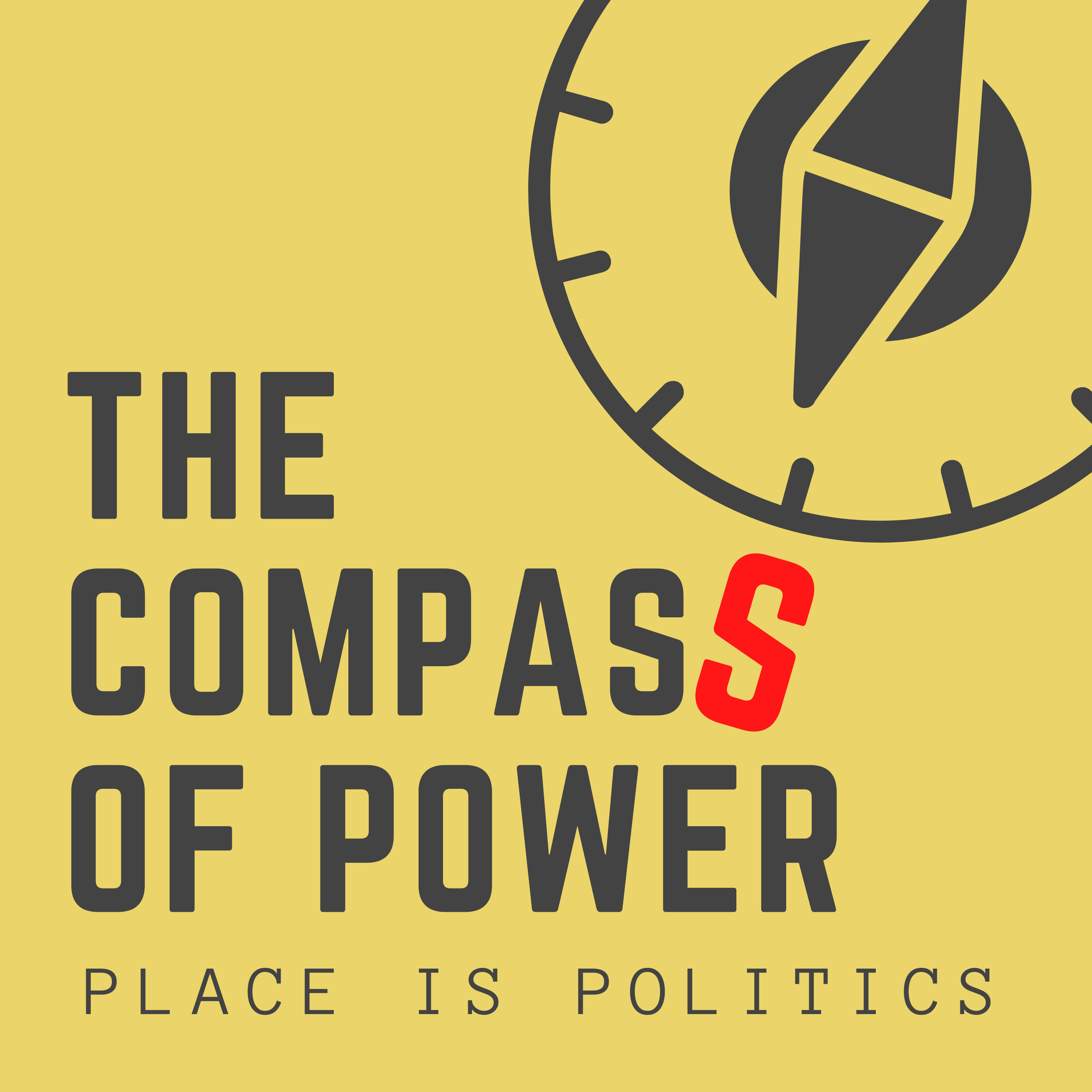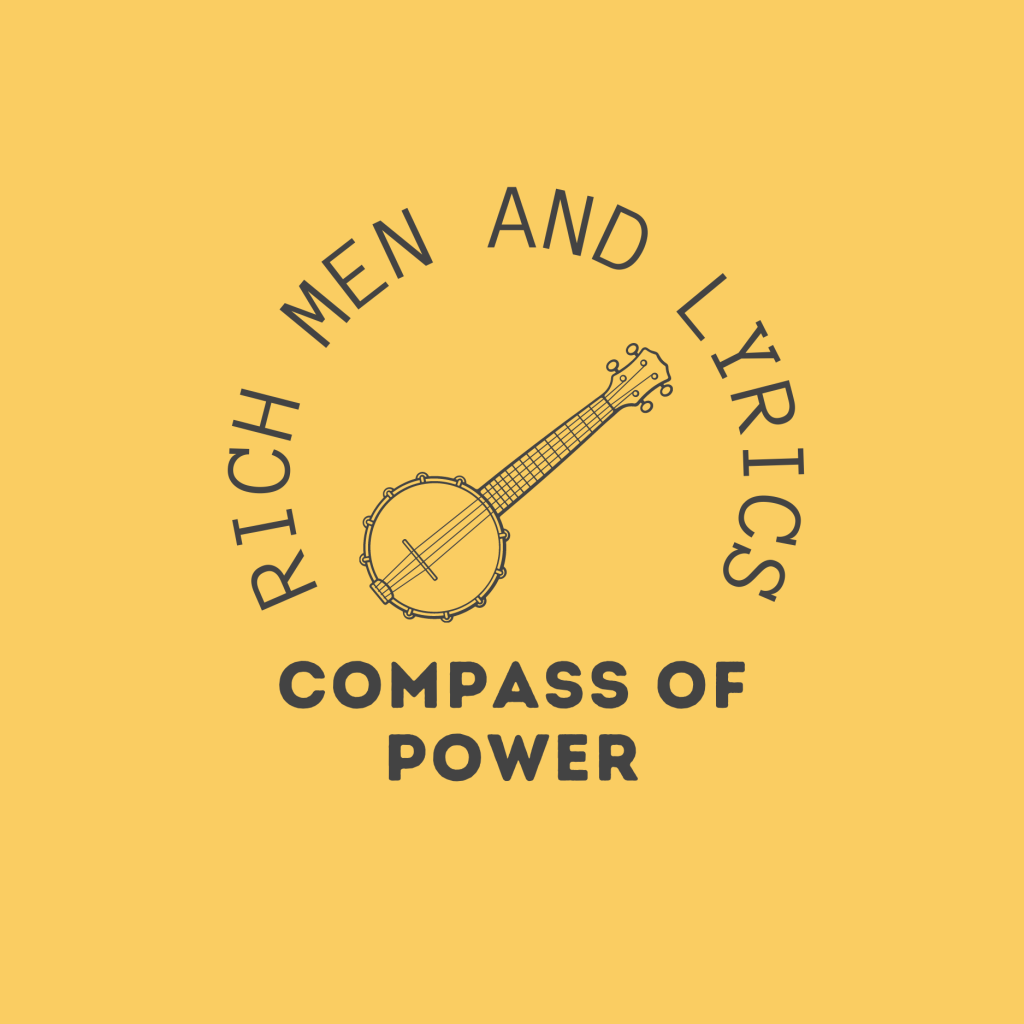This week we take up the No. 1 song on the Billboard Charts, “Rich Men North of Richmond.” Is it the unheard cry of America’s deliberately neglected working class or a right-wing dog whistle for racist resentment?
As I explain in the most recent podcast episode, it’s neither conservative nor liberal. It’s Appalachian.
And when I say Appalachian, I am using the Nationhood model of this region of the US.
Founded in the early 18th century by wave upon wave of settlers from the war-ravaged borderlands of Northern Ireland, northern England and the Scottish lowlands, Appalachia has been lampooned by writers and screenwriters as the home of hillbillies and rednecks. It transplanted a culture formed in a state of near-constant danger and upheaval, characterized by a warrior ethic and a commitment to personal sovereignty and individual liberty. Intensely suspicious of lowland aristocrats and Yankee social engineers alike, Greater Appalachia has shifted alliances depending on who appeared to be the greatest threat to their freedom. It was with the Union in the Civil War. Since Reconstruction, and especially since the upheavals of the 1960s, it has joined with Deep South to counter federal overrides of local preference.
I’m going to break from my usual practice of sharing a transcript of the podcast episode and instead use this post to share some more concrete examples I wish I had thrown in. I want to show the sentiments in the most recent viral hit in the culture wars (AKA the war between Northern and Southern culture) is actually a repeat of the same themes Greater Appalachia has sung about for centuries.
If you want to hear more about that cultural battle, listen to the podcast episode here:
First, Appalachians are known for their willingness to fight anybody, including corporate overlords. This is something that endears them to some liberals. West Virginia, long exploited for coal, has been home to absolutely brutal battles between unionized miners and militias hired by tycoons.
Let’s just quote Wikipedia and get this bit over with:
“The Battle of Blair Mountain was the largest labor uprising in United States history and, thus far, the largest armed uprising since the American Civil War. The conflict occurred in Logan County, West Virginia, as part of the Coal Wars, a series of early-20th-century labor disputes in Appalachia. Up to 100 people were killed, and many more arrested.”
Wikipedia
So, largest labor battle ever — West Virginia. And it was one of a series of those battles called the “Coal Wars.”
Today, the coal industry isn’t what it once was and the unions that literally gave their blood to get a bit of the millions made by the coal companies are also not what they once were.
This history is deeply embedded in song. Obvious example: the song “Sixteen tons,” which comes from Kentucky coal country:
You load 16 tons, what do you get?
Another day older and deeper in debt
St. Peter, don’t you call me ’cause I can’t go
I owe my soul to the company store
Here’s a different folk song, given new life in the 20th Century by the Virginia Carter Family of singers:
Some blues are just blues, mine are the miner’s blues
My troubles are coming by threes and by twos
Blues and more blues, it’s that coal black blues
Got coal in my hair, got coal in my shoes
These blues are so blue, they are the coal black blues
For my place will cave in and my life I will lose
Coal Miner’s Blues
You will note the general sense of despair and anger. Compare it to Oliver Anthony’s opening lyrics in “Rich Men:”
I’ve been sellin’ my soul, workin’ all day
Overtime hours for bullshit pay
So I can sit out here and waste my life away
Drag back home and drown my troubles away
Oliver Anthony
Anthony wasn’t revitalizing some dead folk art, either. Bluegrass and Country music, American originals though they be, are direct descendants of the Celtic music of Ireland and Scotland, just as the Appalachian Mountains themselves were settled by the Scotch-Irish.
Here’s some lyrics to “The Moonshiner,” a traditional song that could have come from America and traveled to Ireland, or the other way around — no one is sure.
Let me eat when I’m hungry
Let me drink when I’m dry
Two dollars when I’m hard up
Religion when I die
The whole world is a bottle
And life is but a dram
When the bottle gets empty
Lord, it sure ain’t worth a damn
traditional
And here are some lyrics from Merle Haggard’s 1973 single “If we make it through December.” (Important to note Haggard’s parents were Great Depression refugees from McIntosh County, Oklahoma, which is Appalachian country)
Got laid off down at the factory
And their timing’s not the greatest in the world
Heaven knows I been workin’ hard
Wanted Christmas to be right for daddy’s girl
I don’t mean to hate December
It’s meant to be the happy time of year
And my little girl don’t understand
Why daddy can’t afford no Christmas here
Merle Haggard
OK, so I think I have beaten this into submission. The people of Greater Appalachia do not like the bosses. They see their ability to earn money and their independence as central to their individual value. And they have been on the record about all of it for a long time.
What about “Rich Men’s” dig at a government program, “welfare,” which is one reason so many conservatives love the song? (And why some progressives loathe it).
Here’s the lyric:
Lord, we got folks in the street, ain’t got nothin’ to eat
And the obese milkin’ welfare
Well, God, if you’re five-foot-three and you’re three-hundred pounds
Taxes ought not to pay for your bags of fudge rounds
Young men are puttin’ themselves six feet in the ground
‘Cause all this damn country does is keep on kickin’ them down
Oliver Anthony
Welfare, the Food Stamps kind in which the federal government provides you with money for food, didn’t exist until the Great Depression, and was discontinued in 1943 during WWII.
The program reappeared in 1964 Food Stamp Act and has morphed a few times since, today known as the Supplemental Nutrition Assistance Program .
Given its comparative youth, of course, it was not a major source of lyrical content in the early folk music that is the basis for Bluegrass.
Five years after the Act, however, it was already being referenced in Appalachian music, and not in a positive way.
Here’s Merle Haggard again, in his 1969 No. 1 Country hit, “Working Man Blues:”
“Hey hey, the working man, the working man like me
I ain’t never been on welfare, that’s one place I won’t be
Cause I’ll be working long as my two hands are fit to use”
Merle Haggard
Country Icon Reba McEntire (who is from the same Eastern section of Oklahoma as Haggard’s parents) also referenced welfare in a negative light in 1990, with her song “Fancy.”
“Well, that was the last time I saw my Ma
The night I left that rickety shack
The welfare people came and took the baby
Mama died and I ain’t been back”
Reba McEntire
You’ll note that stanza has a familiar cast — of outside forces breaking up people’s lives. Both McEntire and Haggard seem to regard welfare with distaste, something that takes kids from mothers and degrades the dignity of dads. What McEntire and Haggard don’t do, however, is take direct shots at welfare recipients’ “fudge rounds,” which is one of the major progressive criticisms of “Rich Men.”
Yet, once again, we find this is a long-standing sentiment in Greater Appalachia. None other than Garth Brooks calls this shot in the 1993 No. 1 Country hit, “American Honky Tonk Bar Association:”
“Now for most things you don’t mind
But when your dollar goes to all of those
Standing in a welfare line
Rejoice you have a voice
If you’re concerned about the destination
Of this great nation”
Garth Brooks
Guess where Brooks is from? If you guessed Eastern Oklahoma, you are correct! What a remarkable coincidence.
But we should remember our history and note that it was Bill Clinton, former governor of neighboring state Arkansas, who promised to “end welfare as we have come to know it” in his successful 1992 campaign for president. This era also coincides with the emergence of the new political party alignment, in which the South becomes the stronghold of the Republicans in the next election, 1994’s “Republican Revolution.”
If there is any particularly partisan flavor to the current dispute over “Rich Men,” then, it is probably that since the Republican Party became the home of much of the working class in the the South and the North, welfare recipients themselves are considered questionable.
Indeed, in the podcast I mention Peter Santello’s multi-million-view visit to the “Poorest Region of America,” AKA West Virginia.
He reports a few times that locals tell him there are two types of people there. One of those types are the people who work. The other half is alternately described as folks on social services, or drugs — a familiar conflation of economic need with drug addiction and personal weakness.
And it’s safe to say, as Haggard explained, accepting government help is especially emasculating to the Appalachian man, who expects and is expected to live and die by his effort alone.
None of this is to say that we, as a nation, have to accept this Appalachian critique of welfare. There is plenty of evidence to suggest that “food stamps” in particular are effective in both reducing hunger and supporting local economies, because recipients spend their grants in their communities buying food they eat.
But I hope this short tour of musical and labor history does put to rest any notion you may have, dear reader, that “Rich Men North of Richmond ” expresses uniquely 2023 concerns — either as a newfound anthem of the working class or some sort of 21st Century proto-fascism.
Oliver Anthony’s song expresses exactly the same contempt for exploitative bosses that Appalachians have had for 250 years, and the same distaste for social welfare programs that Appalachian singers have expressed since those programs began.
Once again, the Compass of Power guides us to a less hyperbolic path.


Leave a comment